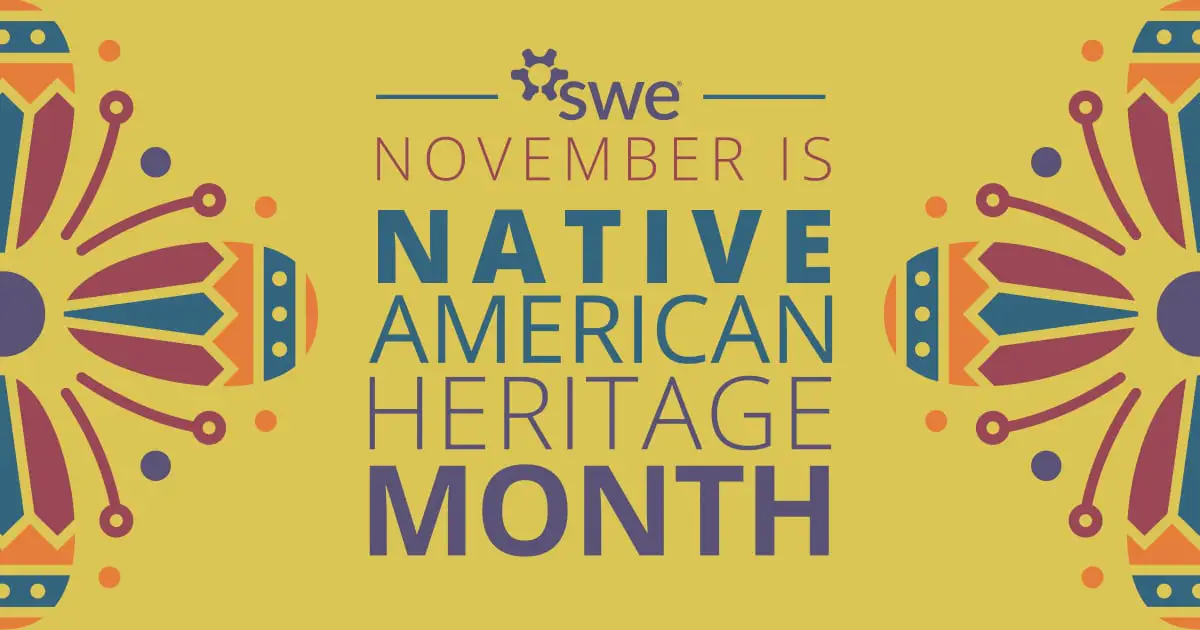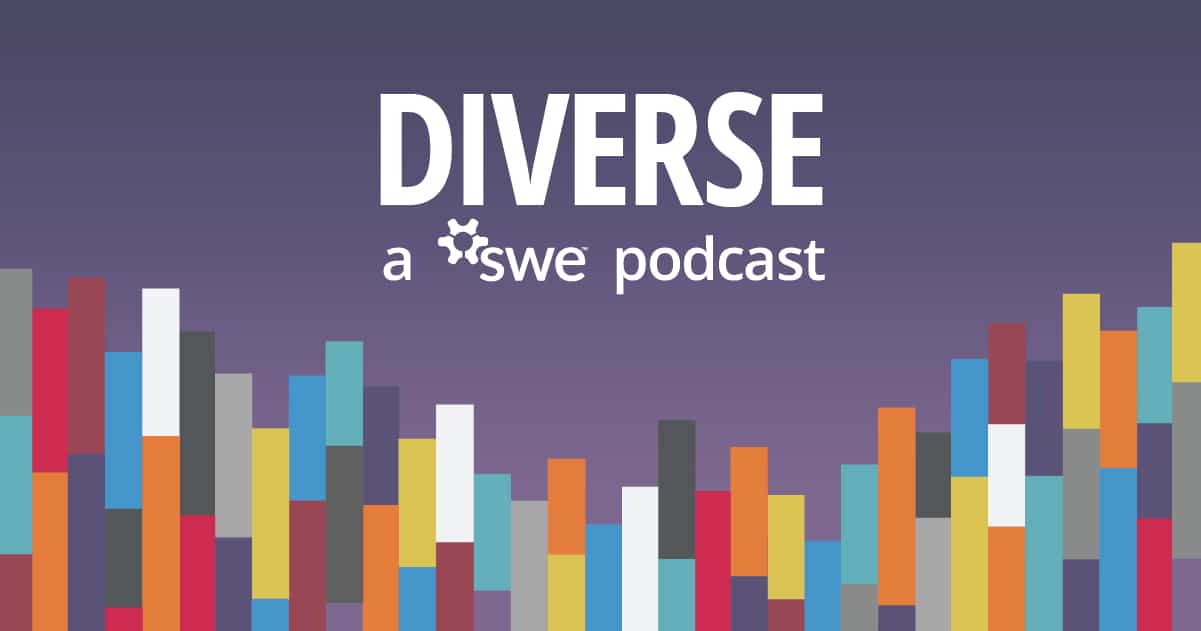Ashesh Shah, the founder and CEO of The London Fund is, as you might imagine, bullish on Bolt. The London Fund is a U.K. venture firm with “over $1 billion in cash and assets” in AUM that is leading a proposed $450 million raise for Bolt, a one-click checkout startup that has been embroiled in a number of controversies over the years.
But all that isn’t deterring Shah, who describes the term sheet that is in play for Bolt as “a fabulous transaction about a company that we believe has a lot more room left in it.”
I interviewed Shah on Wednesday afternoon about the deal and its eyebrow-raising terms. The interview has been edited for clarity and brevity.
TC: What are you able to say about this proposed transaction?
Shah: The London Fund has been around since 2003. We are always looking for Ferraris with flat tires. Sometimes people don’t understand why. Maybe it’s not the right color. Maybe it’s not what the market knows. We’re deeply technical. I’m a multi-time founder, and have gone through a lot of this. We really at the end of the day saw something here that is quite special. Bolt has an unbelievable reach — if you look at the number of wallets and people that have used the system, how it works, and if you compare them to like a Shopify, or to some of the other bigger players, they’re on par. I think that’s a hidden gem.
If you look at the ability over time, if you launch the Super App, the ability to have interactions between wallet holders. When you start looking at Shopify or Bolt, and you start realizing that the user base is massive, and you have a big opportunity.
Obviously, this is a term sheet — it’s not yet final. There are a lot of things that would need to happen for the pay-to-play/cramdown to work. What do you think are the chances this is approved?
I hope this goes to conclusion. We’ve worked very hard on this. There’s been six months of thinking and working and tracking. We believe that what we bring to the table as a firm and what Bolt has can lead to some amazing new activity. I think there’s a lot of value for all the shareholders. I think a lot of folks have got it quite wrong. We’re simply asking that existing shareholders show that they’re committed to the future of what this journey looks like. Right? We’re not saying anything negative, but I’m sort of saying, if I’m putting my skin in the game, then I want others to make sure that they’re there. And I think, assuming all goes well, then hopefully this transaction concludes quite well, and we’ve left it open so others can come in with capital as well. We’re simply leading on this. There’s plenty of room.
As part of the proposed transaction, your firm would be contributing $250 million. What are some examples of marketing services that you are offering as part of your $250 million investment in lieu of cash?
We provide tactical capital. We want to make sure that what we’re deploying has a very real impact in a firm that we give it to. When it comes to marketing credits, we get to decide how that looks like. Essentially, it has to be the cash equivalent….We believe that over time, a lot of the kind of resources that funds will provide don’t have to take the intermediate step of cash.
One of our funds actually has influencers and media as our LPs. So we’re offering visibility, just like Warner Brothers would offer television time — except ours are influencers and people who are able to speak about services or products or things like that. So if you look at Bolt, they spend a lot of money on co-marketing dollars, like they spend about $80 million in marketing already, and they use that to co-market. So we can provide the co-marketing funds that they need and the co-marketing impressions that their brands need.
Think of it like a barter, like OpenAI did that with Microsoft, right? Ten billion. It was compute on Azure. They just said it was a ten billion dollar investment. But the reality: it’s also a way for Microsoft to manage and watch exactly how they’re performing.
For us, we like to have full alignment between our LPs all the way to the company. I don’t take a 2% fee. So I think the other important thing is we are very aligned with our investments. We only do well if there’s an exit, which is a big thing.
On our side, we tend to believe that if we can go into companies that fundamentally have core assets, like in this case, wallets and transactions and users, you could do some really great things with it.
What is your opinion on Ryan Breslow returning as CEO?
I think it’s important. I mean, the guy came up with it. The guy had foresight to figure out how to do a system where you can get into so many different retailers and help them in a way that is also helpful for the consumer. That’s no small feat. I mean, compare it to Revolut, compare it to Shopify — look at the speed at which he was able to grow. I think that there are ways to make sure that this business can keep growing. I think you need to have the vision behind it. There’s a couple more stages to this. Ryan’s got that vision.
Are you confident though that this is going to get approved?
We want this to go through, and I think that all the shareholders who are already present should really consider that this is a great way forward and sort of a path to a much higher sort of return.
Want more fintech news in your inbox? Sign up for TechCrunch Fintech here.
Want to reach out with a tip? Email me at maryann@techcrunch.com or send me a message on Signal at 408.204.3036. You can also send a note to the whole TechCrunch crew at tips@techcrunch.com. For more secure communications, click here to contact us, which includes SecureDrop (instructions here) and links to encrypted messaging apps.







